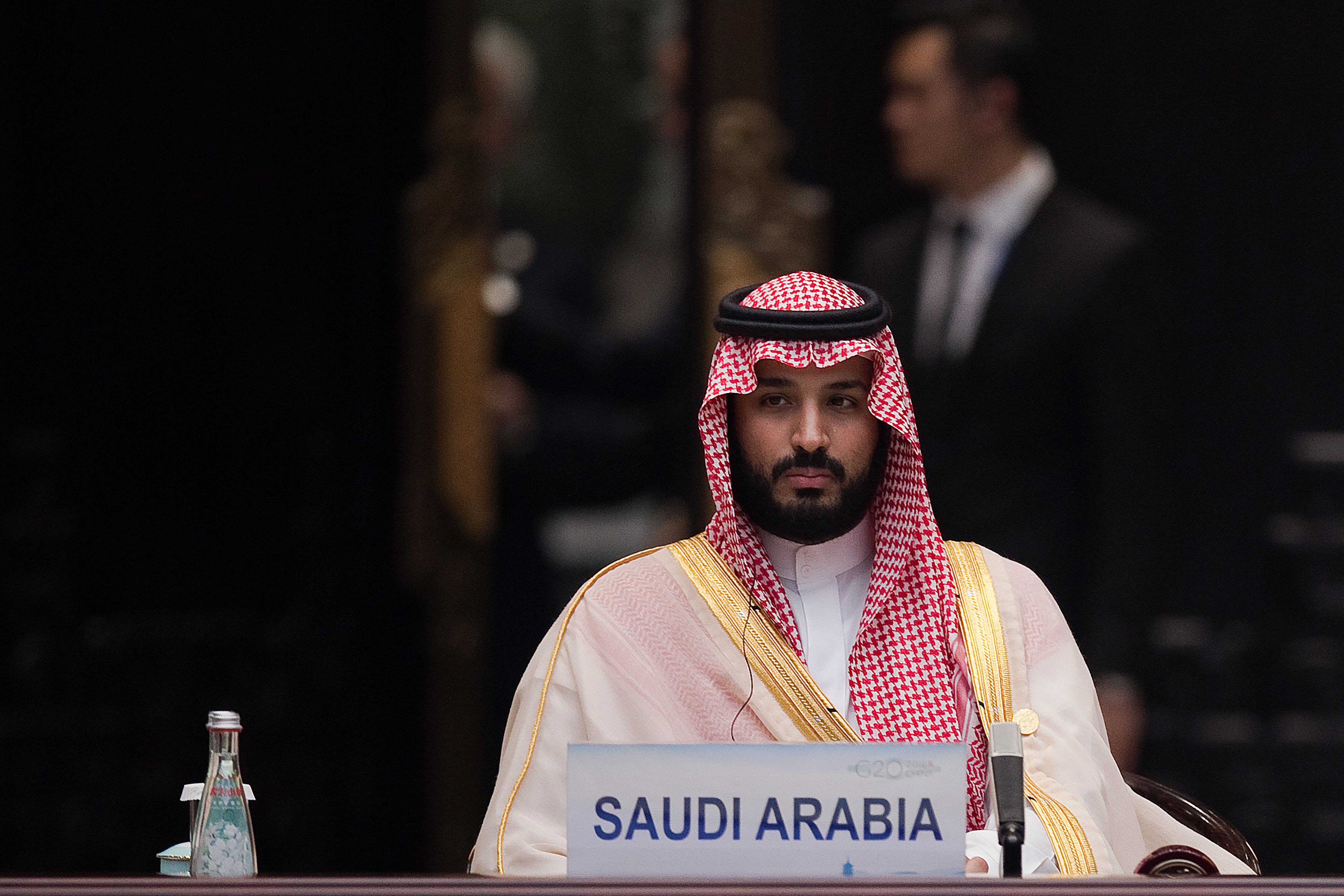November 26, 2019
13: A helicopter accident in Mali on Monday night killed 13 French soldiers, the single biggest loss for France since its intervention in the West African country in 2013. The crash occurred during a clash with armed militants who have staged a series of deadly attacks in northern Mali in recent weeks.
3.9: Global temperatures are on track to rise around 3.9 degrees Celsius by the end of the century (7 degrees Fahrenheit), which would have disastrous implications, according to a grim United Nation's report. Increasingly acidic oceans could dissolve all coral reefs, and severe heat, already extreme in many regions, would become intolerable, the report warns.
9: Saudi Arabia is intensifying its crackdown on dissent within the kingdom: at least nine journalists, writers and academics have been detained in recent weeks, according to a rights group. The New York Times reported that recent arrests included a female journalist who tweeted support for political prisoners.
76: The World Health Organization and the UN Children's Fund evacuated 76 staff working in the Ebola epidemic zone in the Democratic Republic of Congo due to the country's deteriorating security situation. A deadly attack by rebel factions that left at least eight people dead angered residents who say the government and UN peacekeeping forces were "unwilling to intervene" to fend off attackers.
More For You
- YouTube
On Ian Explains, Ian Bremmer takes a look at the growing surge in global conflict and the ripple effects of so much violence, war, and armed struggle throughout the world.
Most Popular
Think you know what's going on around the world? Here's your chance to prove it.
French President Emmanuel Macron, German Chancellor Friedrich Merz, Ukrainian President Volodymyr Zelenskiy, U.S. Special Envoy Steve Witkoff and businessman Jared Kushner, along with NATO Secretary-General Mark Rutte and otherEuropean leaders, pose for a group photo at the Chancellery in Berlin, Germany, December 15, 2025.
Kay Nietfeld/Pool via REUTERS
The European Union just pulled off something that, a year ago, seemed politically impossible: it froze $247 billion in Russian central bank assets indefinitely, stripping the Kremlin of one of its most reliable pressure points.
Big global stories. Real conversations with world leaders. Our award-winning global affairs show, GZERO World with Ian Bremmer, goes beyond the headlines on the stories that matter most. Here’s a look back at the 10 most quotable moments from this year’s episodes.
© 2025 GZERO Media. All Rights Reserved | A Eurasia Group media company.
